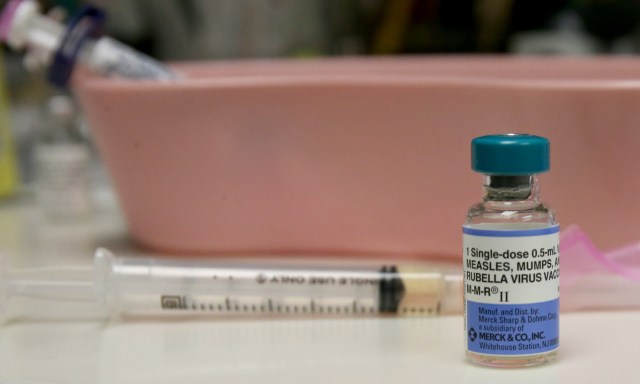Alert: Measles Resurfaces in Illinois, First Case of 2024 Sparks Public Health Concern

Health officials have sounded the alarm as measles, a disease once thought to be eradicated, resurfaces with growing concern. On Wednesday, state health authorities confirmed the first measles case of 2024, highlighting a troubling trend of outbreaks spreading across multiple states.
The laboratory-confirmed case serves as a stark reminder of the importance of vaccination and public health vigilance. Measles, known for its highly contagious nature, can pose serious risks, especially to unvaccinated individuals and vulnerable populations.
Health experts are urging residents to ensure their immunization records are up to date and to be aware of potential symptoms. The resurgence of this preventable disease underscores the critical need for continued public health education and proactive medical interventions.
As communities grapple with this emerging health challenge, health officials are closely monitoring the situation and working to prevent further spread of the virus.
